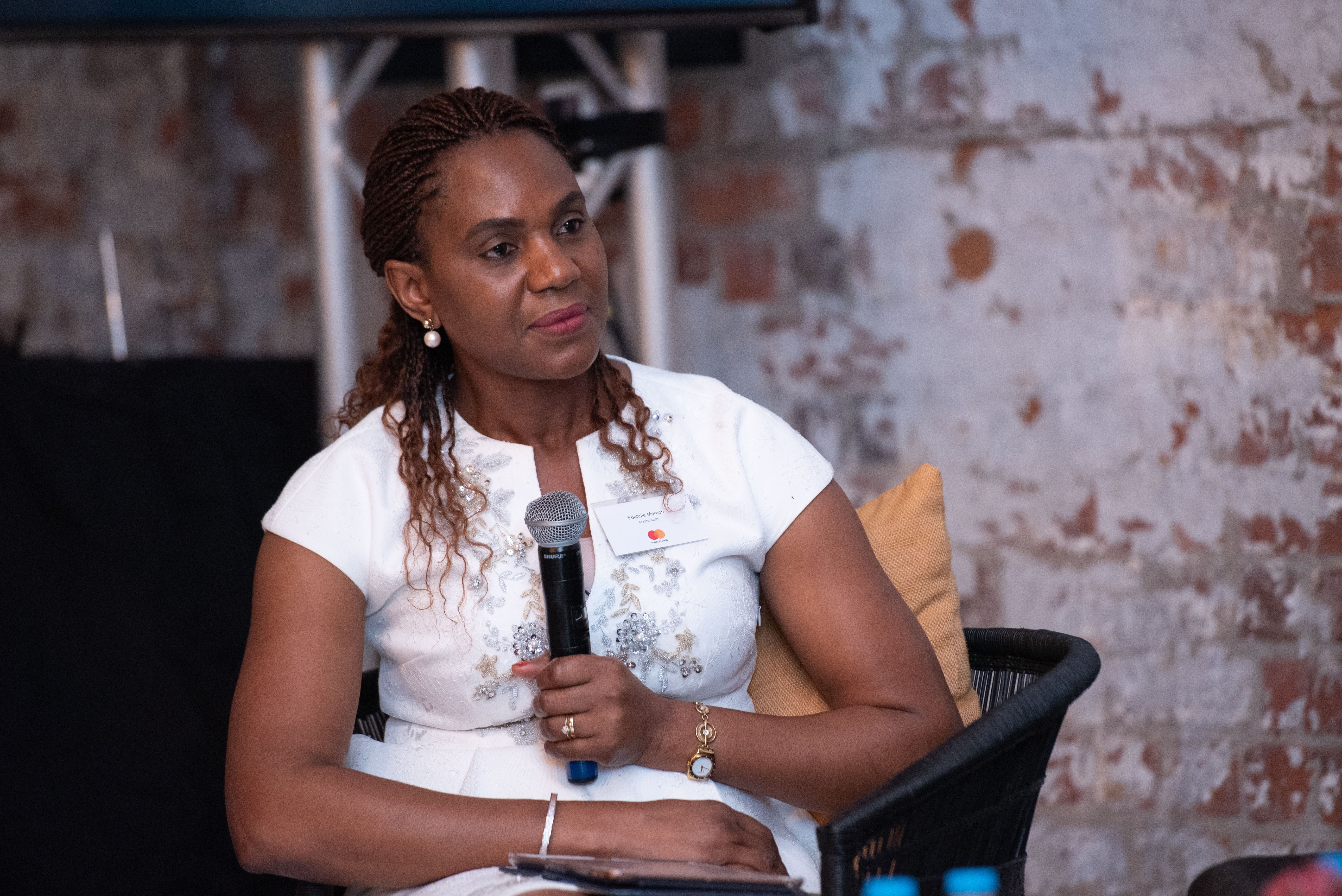Mastercard puts the spotlight on inclusion and diversity ahead of the Forbes Woman Africa Leading Women Summit
March 6, 2020 | Johannesburg, South AfricaWomen comprise more than 50% of the population in Africa and drive 70% of spend. Yet, women’s influence and contributions are not being fully leveraged for society’s collective advantage, because too much of the world we live in today was not designed with women involved or with women in mind.
This was the theme of Mastercard’s ‘Together We Lead: Women by Design’ event in Durban last night, which brought together celebrated women leaders across industries to address the challenges women face as consumers, entrepreneurs, athletes, workers and innovators to unlock the potential of Africa’s female economy.
Ebehijie Momoh, Mastercard’s Area Business Head for West Africa facilitated a panel discussion which included Chanel Alberts, Head Coach at Pirates Women’s Rugby Club, Wendy Mahoney, KZN President of the 30% Club, S’onqoba Vuba, Entrepreneur and Managing Director of Perpetu8, and Mpume Langa, Divisional Finance Director - Africa for Unilever.
Panelists shared insights on the strategies needed to support women’s advancement and inclusion in the corporate and sporting sectors. They also explored how women can better harness their capabilities as innovators and entrepreneurs to create products and services that better serve women.
Beatrice Cornacchia, Senior Vice President of Marketing and Communications at Mastercard Middle East and Africa, said: "Women are the key decision makers in households; they are opening businesses at a faster rate than men in several countries, and they invest more than 90% of their incomes back into their families and communities. Yet inequality and exclusion hold them back in many aspects of their everyday lives.”
In Sub-Saharan Africa alone, the loss in global wealth from gender inequality is estimated at $2.5 trillion. More than 37% of women do not have bank accounts, and more than half of women SME owners lack access to finance and face an estimated $42 billion financing gap.
According to Cornacchia, this indicates that financial products and services are not meeting their needs. In fact, this is not just a developing world challenge - the vast majority of women globally – 62% – reported being unsatisfied with their financial product offering, according to BCG.
“How can we possibly tap into the huge potential of women if we don’t have representation of women in the decision-making, engineering and innovation processes? It is critical that women have a seat at the table, so that we can design solutions to better meet their needs. By creating a world with women in mind, and women involved, we can unlock limitless possibilities for us all,” says Cornacchia.
Solutions like Jaza Duka that offers affordable access to capital, are making an impact in Kenyan communities where many women are micro-merchants. In South Africa, uKheshe’s financial inclusion platform is enabling unbanked informal traders, street vendors and casual laborers – the majority of whom are female - to accept safe and simple digital payments via Masterpass, Mastercard’s digital payment service. Through its Girls4Tech programme, Mastercard is developing a strong pipeline of talent by encouraging girls to embrace STEM subjects that will prepare them for the workforce of the future.
‘Together We Lead’ is the platform Mastercard created to promote diversity of women through impactful dialogue and partnership. Last night’s event was hosted in the lead-up to the Forbes Woman Africa Leading Women Summit 2020, which is presented by Mastercard at Durban’s ICC Complex. Around 1,000 women are expected at the event with high-profile thought-leaders, industry game-changers and icons of social activism in attendance, including founder of the Graça Machel Trust and former first lady, Graça Machel.